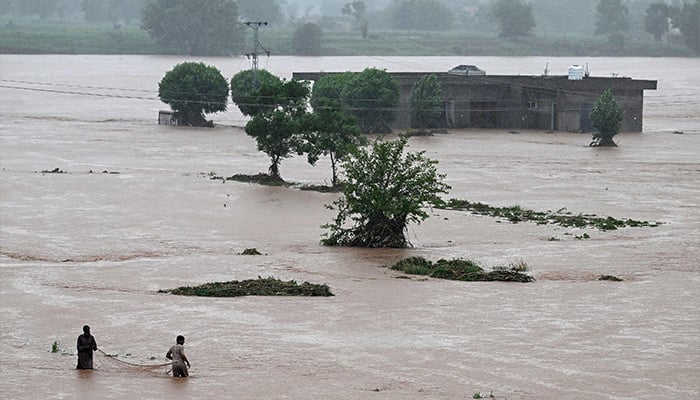ISLAMABAD, Jul 23 (Alliance News): Environmental expert Khizar Nazir has said that the recent wave of heavy rains and sudden cloudbursts across Pakistan highlight the intensifying effects of climate change, exacerbated by flawed urban planning and environmental degradation.
Speaking to a private news channel on Wednesday, Nazir stressed that while monsoon rains are typical in South Asia, the increasing frequency and intensity of extreme weather events are abnormal and point directly to a changing climate pattern.
He acknowledged that the government is gradually responding to these challenges with policy discussions on urban resilience, noting that Islamabad is among the few cities with a formal master plan.
However, he lamented that even in the capital, construction on natural waterways, green belts, and dry riverbeds has led to avoidable destruction during heavy downpours.
“When you build on natural drainage paths, flooding and devastation become inevitable,” he said, urging authorities to enforce zoning laws and environmental safeguards.
Nazir emphasized the urgent need to involve climate scientists in city planning processes alongside engineers and architects to design urban spaces that can withstand the challenges posed by climate change.
He appreciated the government’s growing recognition of environmental risks but stressed that practical, on-the-ground action is essential. “Acknowledgment is important, but what we need now is implementation.”
Nazir also noted Pakistan’s low global carbon footprint — contributing less than 1% to global emissions — yet pointed out that the country continues to face some of the worst climate-related consequences.
He called for large-scale protection of urban forests, reforestation in mountainous regions, and building community-level climate resilience strategies to minimize long-term risks.






